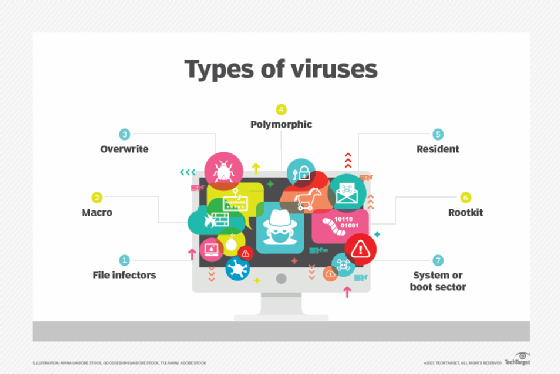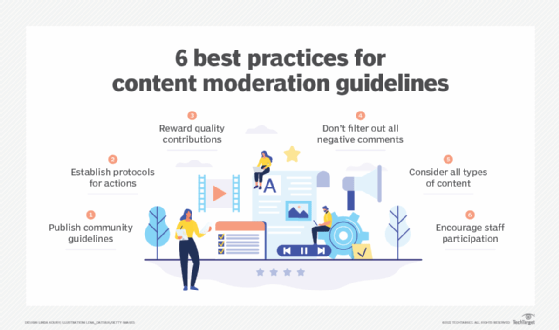newsgroup
What is a newsgroup?
A newsgroup is a discussion about a particular subject consisting of notes written to a central internet site and redistributed through Usenet, a worldwide network of news discussion groups. Usenet uses the Network News Transfer Protocol, or NNTP.
Usenet was created in the 1980s as a way for researchers and academics to share information and ideas. Although newsgroups are not as popular as they used to be, they still have a dedicated community of users who enjoy connecting over shared interests. Usenet remains a valuable resource for researchers and academics.
How does a Usenet newsgroup function?
The newsgroup functions as a distributed system, meaning that the messages, or articles, are stored on multiple servers around the world rather than on a central server.
From there, newsgroups are organized into subject hierarchies, with the first few letters of the newsgroup name showing the major subject category and subcategories represented by a subtopic name. Many subjects have multiple levels of subtopics. Some major subject categories include news, rec (recreation), soc (society), sci (science), comp (computers) and so forth -- there are many more.
Users can post to existing newsgroups and respond to previous posts. They can also create their own new newsgroups, but it requires some technical knowledge and permission from the server's administrator.
How do you access a newsgroup?
To access a newsgroup, a user typically needs a Usenet client, which is a program that allows users to connect to a Usenet server and read and post messages. Some popular Usenet clients include Thunderbird and Unison.
How do you post a message in a newsgroup?
When a user posts a message to a Usenet newsgroup, the message is sent to the server to which the user is connected. The server then forwards the message to other servers in the Usenet network. This process is known as propagation.
As the message propagates, it is stored on servers around the world, making it available to users who wish to read it. The messages in a Usenet newsgroup are typically organized in a threaded format, meaning that they are grouped together based on the subject of the message.
When a user posts a message, it becomes the "root" of the thread. Other users can then reply to the message, creating a "branch" of the thread. This allows for a more organized and easy-to-follow discussion.
What are some of the challenges of using a newsgroup?
Some common issues concerning the use of Usenet newsgroups include spam, viruses and inappropriate content. Spam messages, or unsolicited commercial messages, can flood a newsgroup and make it difficult for users to find relevant information.

Viruses can also be spread through Usenet messages, potentially causing harm to a user's computer. In addition, some users might post inappropriate or offensive content, making the newsgroup a hostile or unsafe environment for other users.
Usenet servers have implemented some measures such as filtering or moderated groups to help mitigate these issues, but it remains a concern for many users.
Are newsgroups moderated?
Some newsgroups are moderated by a designated person who decides which postings to allow or to remove. Most newsgroups are unmoderated, however; newcomers to newsgroups are requested to learn basic Usenet "netiquette" and to get familiar with a newsgroup before posting to it.

The rules can be found when you enter Usenet through your browser or an online service, but some general considerations are as follows:
First, when taking part in newsgroups, remember that other people are reading your messages and might react to what you post. Be respectful of others and familiarize yourself with the rules and guidelines for posting before participating.
It's also important to remember that newsgroups are public forums, and any information you post will be visible to everyone. It's best to avoid posting sensitive or personal information. Make sure you double-check the accuracy of any facts or figures you post, as incorrect information can lead to confusion and negative reactions.
Finally, take the time to read other people's posts before replying or starting a new thread. This will help you avoid repeating information that has already been discussed and ensures everyone can take part in the conversation with fresh ideas.
Consider these six guidelines when moderating user-generated content.
